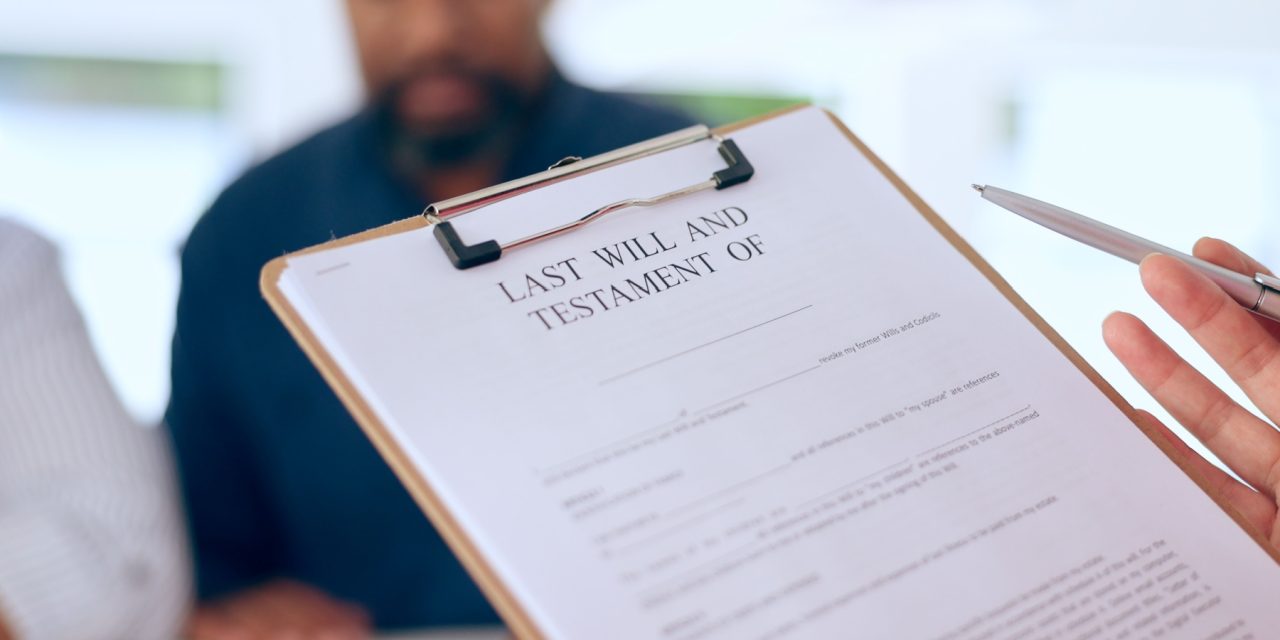When faced with the idea of planning for the end of life, it’s easy to feel overwhelmed. The practicalities, combined with the emotional weight of the task, can leave you procrastinating for years. Yet, the truth is that getting organised early can significantly ease the burden on both you and your loved ones. Tackling these decisions proactively may not erase the sadness that comes with the inevitable, but it can bring peace of mind, knowing that your wishes are clear and that your family won’t have to navigate a sea of uncertainties at a difficult time. One choice for when you pass is direct cremation, which can offer a simpler and more affordable alternative to traditional funeral services. However, regardless of the route you take, planning offers far more than just financial relief.
The Stress of Planning Ahead
No one wants to face their own mortality, but the fact is, ignoring the need to plan can lead to unnecessary stress for everyone involved. When you make decisions now, you take control of the situation, ensuring that your choices reflect your wishes. If you leave it to your family to make these choices without guidance, they’ll be forced to guess what you would have wanted.
With heightened emotions, they might not be able to make the decisions you would have. The more you can clarify your preferences ahead of time, the smoother things will be for everyone when the time comes.
Make Decisions Early
Start by thinking about the kind of funeral you’d like. Would you prefer a traditional service with a religious ceremony, or would you lean towards something more modern or even no service at all? You might decide that a direct cremation suits your wishes better than a conventional funeral with all the associated costs and formalities.
Many find that making these decisions in advance also opens the possibility of budgeting ahead. You can research funeral costs and pre-pay for the service you select, which can prevent your family from facing unexpected financial burdens. Once you’ve chosen a route, whether it’s a traditional service or direct cremation, you can adjust it to fit your budget without the rush of last-minute decisions.
Simplify Funeral Arrangements
Funeral planning doesn’t have to be complicated. Simpler arrangements can ease stress significantly. For instance, direct cremation is growing in popularity as it offers a no-fuss approach, offering a dignified process that takes the financial and emotional pressure off your loved ones.
If you still prefer a more traditional ceremony, consider a simpler service with minimal extras. Perhaps a basic ceremony with just a few close family members and friends, rather than a full-blown event. By keeping it straightforward, you avoid creating a financial burden and minimise unnecessary stress at a difficult time.
Organise Legal and Financial Matters
Beyond funeral plans, your legal and financial affairs need attention. Sorting these out early can prevent confusion and reduce stress.
- Update your will: Ensure it reflects your current wishes and specifies who inherits your assets.
- List your beneficiaries: Clearly outline who receives what, including any specific items.
- Document financial obligations: Include debts, insurance policies, and ongoing commitments to avoid complications.
- Consult professionals: Seek advice from a solicitor or financial adviser to ensure everything is legally sound.
By handling these matters now, you save your loved ones from unnecessary delays and confusion later.
Open Communication with Your Family
Lastly, talk to your family about your decisions and make sure everyone knows where you’ve kept your important documents. By openly communicating your wishes, you prevent any misunderstandings and ease the emotional strain for your family later.
These conversations may not always be easy but having them now ensures that your loved ones feel more supported when the time arrives. It’s also an opportunity for you to listen to their concerns, which may help you adjust your plans to make everyone more comfortable with the process. In the end, good communication fosters a sense of unity and understanding at a time when both are most needed.










